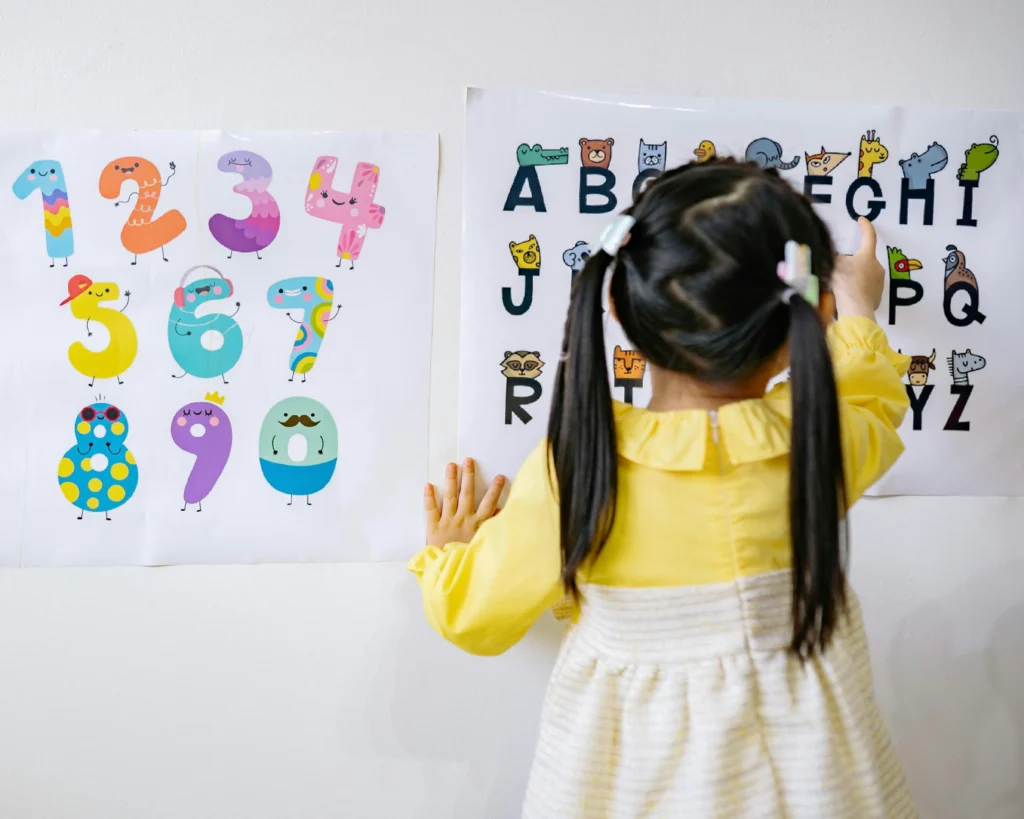Collaborative and Proactive Solutions (CPS) Training
Transforming challenging behaviors through collaboration and proactivity.


Discover a compassionate and effective approach to managing challenging behaviors in children and adolescents.
CPS is a revolutionary approach developed by Dr. Ross W. Greene.
This model focuses on understanding and addressing the root causes of challenging behaviors in children and adolescents through collaboration and proactive problem-solving, rather than traditional disciplinary methods.
Key Principles of CPS Training
Understanding the Child’s Perspective
Listen and empathize with the child to understand the reasons behind their behaviors.
Identifying Lagging Skills
Recognize that challenging behaviors often stem from lagging cognitive, emotional, or social skills.
Solving Problems Collaboratively
Utilize community-based resources to solve problems by connection with others.
Focusing on Proactive Interventions
Prevent challenging behaviors by addressing potential issues proactively.
Benefits of the CPS Model:

Improved communication between caregivers and children.
Improved communication between caregivers and
children.

Reduced conflict and behavioral issues.

Increased development of adaptive skills for managing challenging situations.

Support for children with behavioral and emotional difficulties in educational and therapeutic settings.


Becky Reback
Director of Middle School, High School, and
College Programs, Head of AS, SEC


